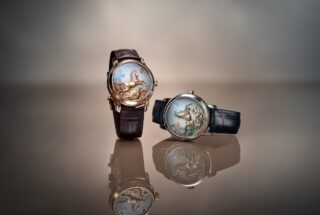This website uses cookies so that we can provide you with the best user experience possible. Cookie information is stored in your browser and performs functions such as recognising you when you return to our website and helping our team to understand which sections of the website you find most interesting and useful.
Interview: Christie’s wine and Cape Fine & Rare Wine Auction auctioneer Charlie Foley on how to invest in wine
By Gabriel Power | 7 May 2021 | Food & Drink, Wealth
Whether it’s fermentation method or flavour profile, there’s plenty to read up on before investing, says the young wine expert
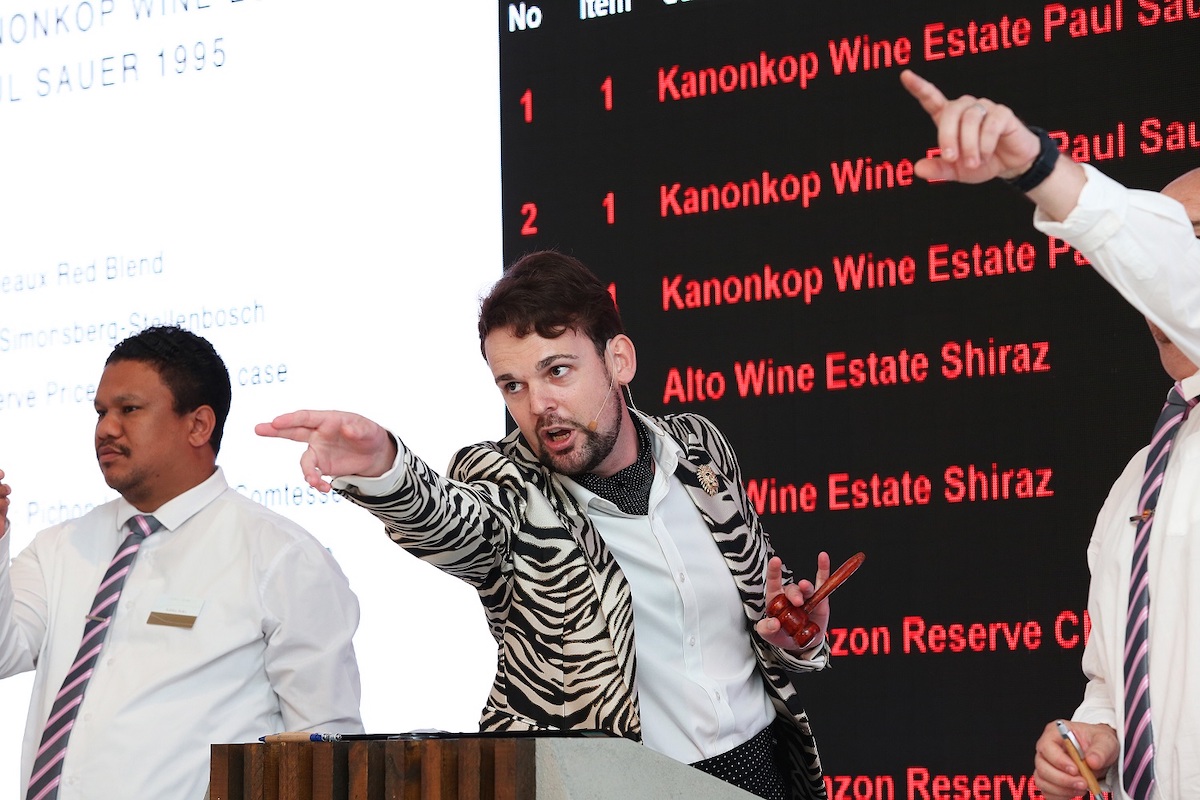
With the rise of NFTs and cryptocurrencies, the world of investment is starting to seem agonisingly abstract. Every day you may read a news story – or even a first-hand account from a tech-savvy friend – on how obscene volumes of money are being shunted back and forth across the world as millions of punters from all corners of the trade assets that don't physically exist with one another. For many, it's all a bit of a head-scratcher, yet some enthusiasts would have you believe that it's the only way to partake in the weird world of commodity trading these days. But to some, the old way will always reign supreme.
Charlie Foley, despite his youth, is somewhat more old school. A wine auctioneer at Christie's, one of London's most prestigious auction houses, Foley is a prime example of how stepping back from the digital realm of can be equally thrilling, and firmly believes that not only is wine a sound investment, but that now is the time to buy.
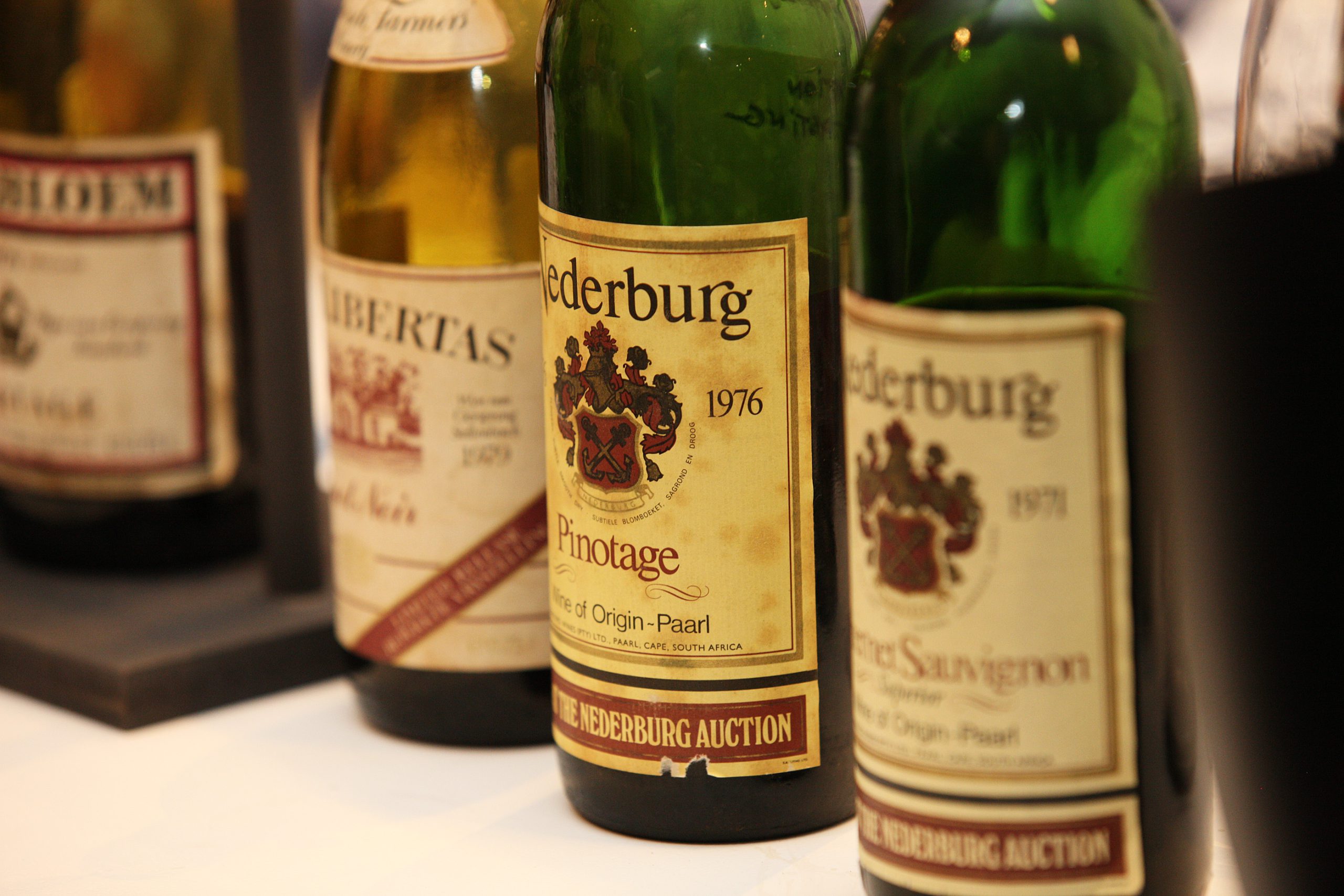
"I feel like wine has played a large role in the lives of many people during lockdown," he tells me. "For a start, this is very different to the 2008 financial crisis; that was all bank debt and people saw their money vanish, whereas this downturn is more centred around the government and thus has allowed for the introduction of furlough payments and the like, meaning far fewer people are losing money than in 2008.
"This, combined with the inability to spend money on shopping trips or out at restaurants has freed up some people's finances, with many of them turning to wine – either buying more of it or experimenting with more expensive varieties," he adds, before noting the prevalence of a rather uncomfortable trend that many of us have fallen prey to during lockdown.
"You know, you get to this five o'clock stage each day where we feel we have this need to differentiate our work day from our evening, which often involves opening something," Charlie chuckles. "And when you drink out in a restaurant you're paying the margin too, so people are finding it easier to find better value high quality wines from their homes, with so many seeking out more esoteric choices by bidding online rather than just shopping at Tesco."
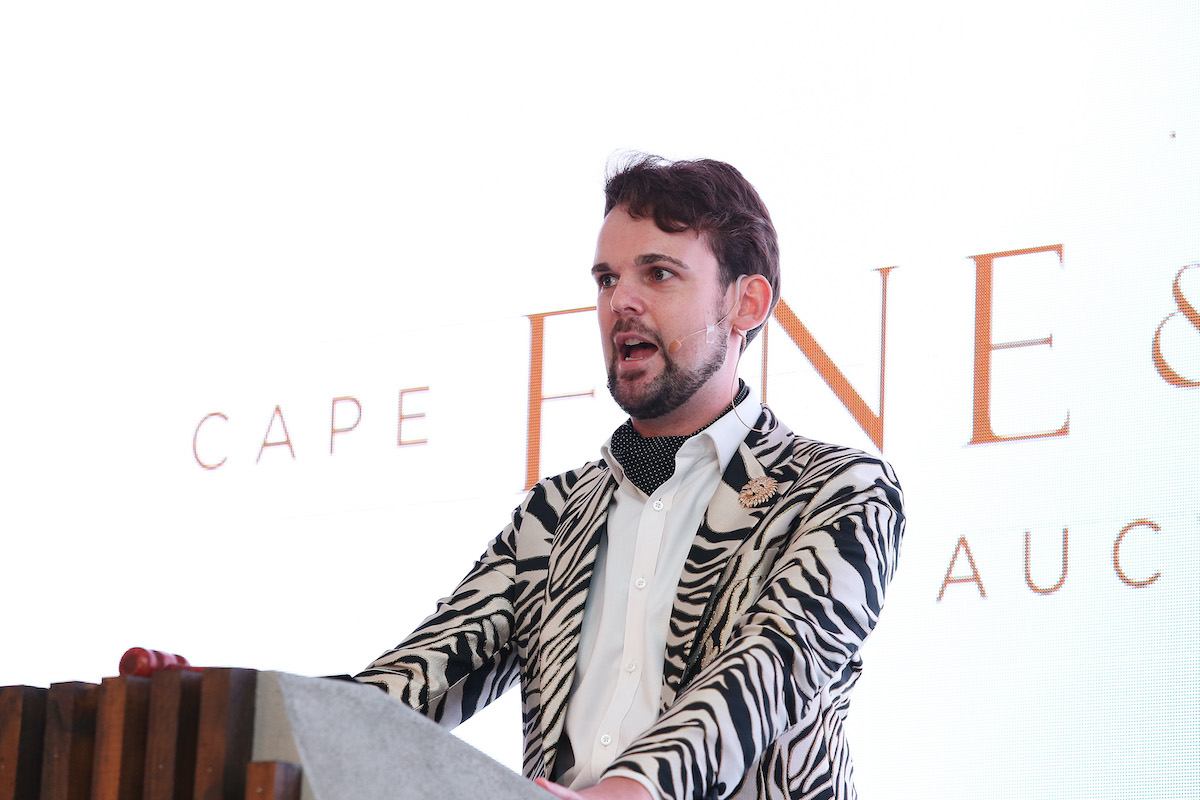
So if you are interested in delving into the world of bidding on fine wines – be it as an investment or a rather extravagant treat – what does Charlie think you should seek out?
"A top tip of mine would be to know your source; if you find a merchant or someone in an auction house that you feel you can trust and whose advice you like, be sure to keep them as a contact," he says. "Another would be knowing what you like, as obvious as that sounds. For instance if you're purchasing reds, would you like a heavily tannic Cabernet Sauvignon? Or a far lighter Pinot Noir?"
"Lastly, I'd simply say do your research. Even something like Instagram is a great tool for this as you can follow experts who will recommend great wines, and trawling through a supermarket could help too," he says before adding: "Shoutout to Waitrose, by the way – the deals they're doing on various amazing South African wines at the moment are brilliant."
But realistically, before getting to the eye-catching bullet points of industry tips and hints, Charlie believes that prospective investors should always take a step back and look at the big picture before bidding.
"You really have to know what you want from it, really. Buying as in investment feels quite different from buying it to drink," he says. "I would say however that if you are looking to invest in wine you should also be a fan of it as a drink, as that is in effect its main purpose. One of the great things about wine is that you can drink it; it's not like owning a piece of art where, if you don't like it, you're stuffed."
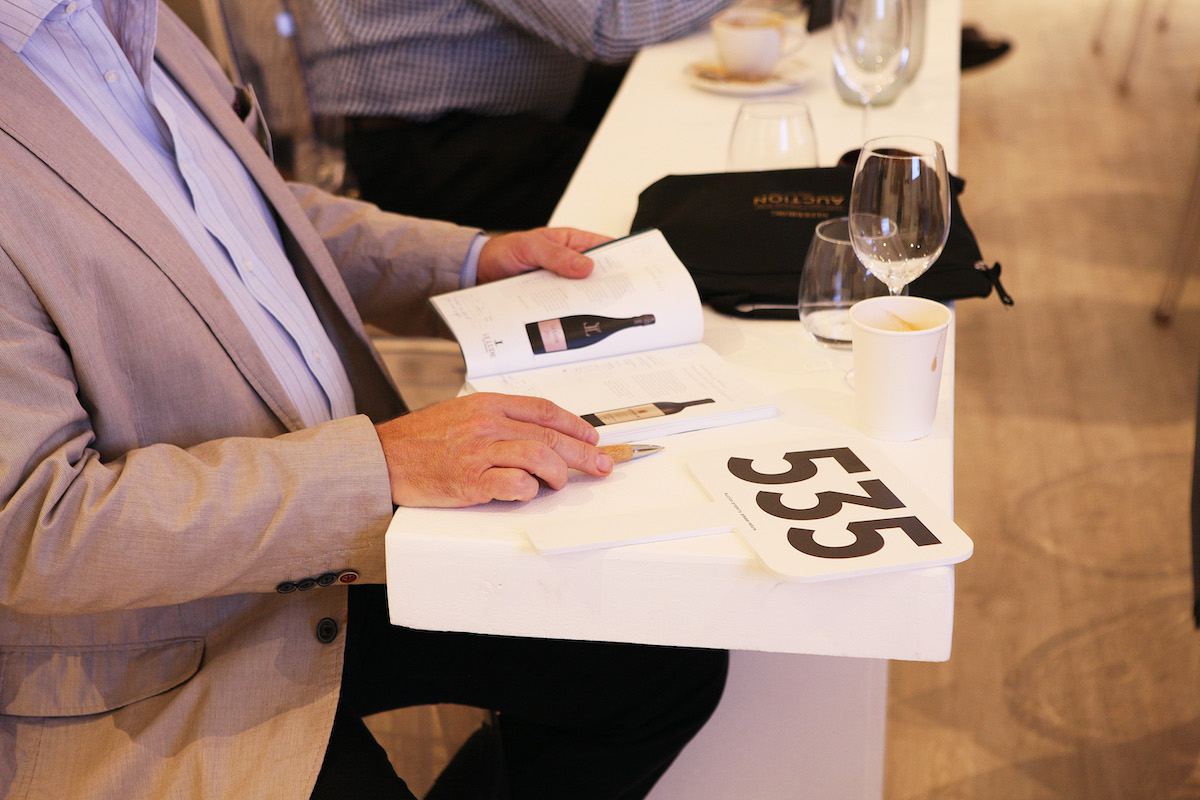
Despite championing trade of an investment in tangible assets, Charlie is far from a traditionalist when it comes to wine, singing the praises of some of the more inventive processes that have been introduced to the industry in recent years. Furthermore, he also notes that knowing about these winemaking methods are key to knowing what you should invest in.
"In Napa [California] and Bordeaux, for instance, there's a tendency make higher-alcohol wine with lots of oak and which take two or three years to age and then can't be approached in bottles for 10 or 20 years," he says. "They're what we'd call 'laying down' wines which, if you buy them when you're 30 you can't drink until you're 50, so these are the wines that long-term investors should look out for."
"But what a lot of winemakers are doing now are innovating, with many using new techniques such as the whole bunch fermentation method, where wineries don't crush the grapes and instead let the carbon dioxide ferment the liquid inside the fruit, making the wines a lot crunchier and riper.
"Here, you don't get the heavy, glossy style you might find elsewhere, and these wines can also be approached within five years so, for example, younger investors might be far more interested in these products."
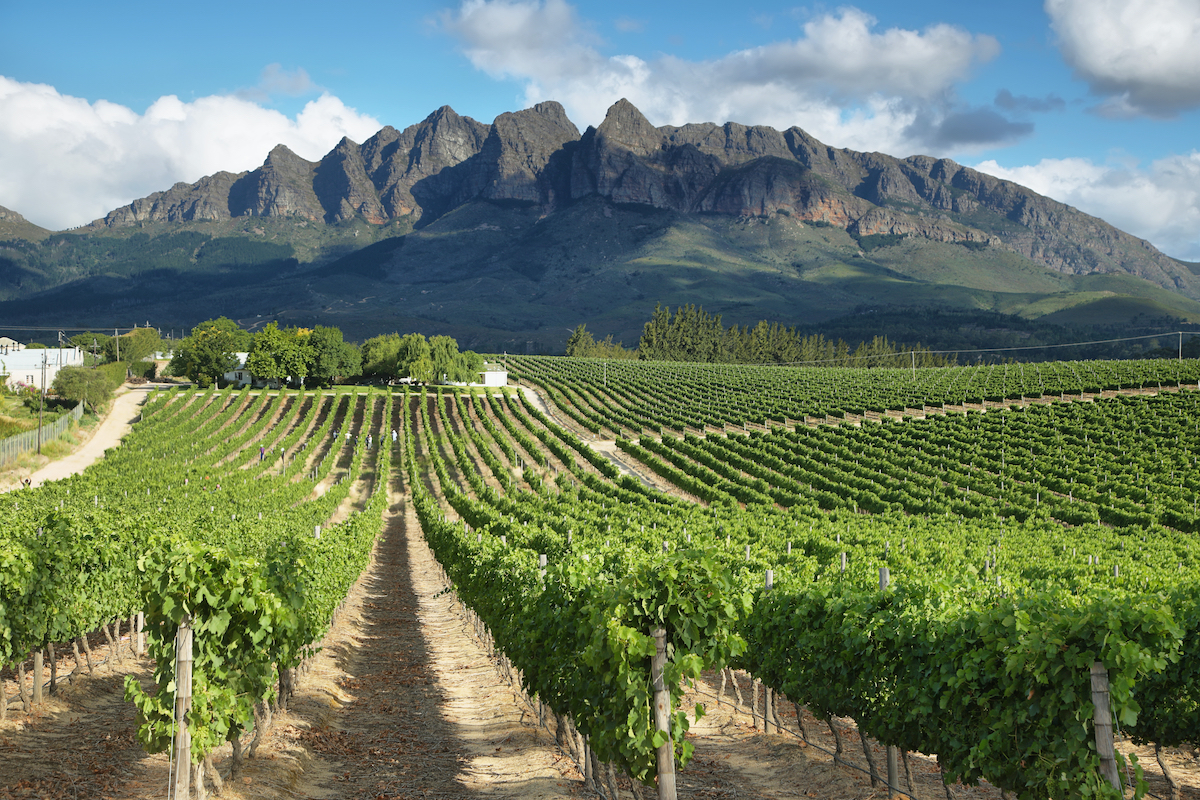
Later this month on 22 May, Charlie will once again taking up the gavel as the auctioneer for the prestigious Cape Fine & Rare Wine Auction, South Africa’s leading wine event.
Previously known as the Nederburg Auction, this prestigious event was established in 1975 and rebranded in 2019 with Charlie at the helm, showcasing the finest and rarest South African wines and offering unique buying opportunities for wine enthusiasts, investors and collectors.
"When it started out as the Nederburg Auction – Nederburg being one of the large South African wineries – the idea was that they would sell some of their private bin wines through the auction throughout the 70s and 80s," Charlie explains. "But since 2019 it has morphed somewhat, putting up for auction the best wines produced in South Africa as chosen by a panel of judges.
"At the moment they're mainly sold to South African locals but our aim this year is to make it more international, as all of these wines are fairly cheap – some really excellent wines are going for as low as £40-50 and none of them can be found in the UK, with many of the vintages having been long sold out. So, as an example, bidding at this auction is the only way you're going to get your hands on a 1995 Paul Sauer Kanonkop."
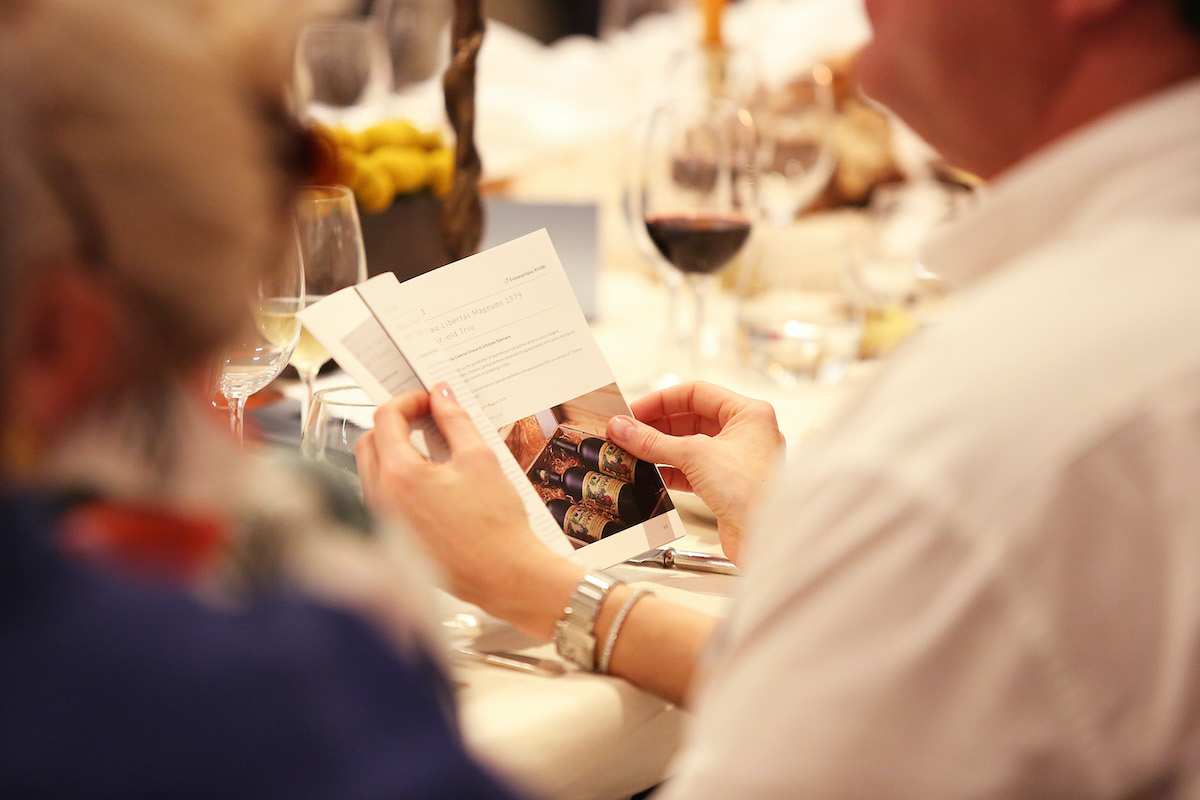
For all the pomp and circumstance that surrounds the world of auction houses and online bidding, Charlie rounds off our chat with an insistence that investment in wine should, if possible, be borne of love for it as a drink.
"The thing I find really great about wine is that's the ultimate democracy, isn't it? Everybody can get into it, everbody eats and wine is a natural accompaniment to food. I mean, that's how I got into it; Sunday roasts with my dad who would always bring something special for us to enjoy."
And with that, the interview winds down and I take a look at my watch. 12 minutes have passed. I incredulously ask how he's managed to race through all of my questions at such speed.
"I'm an auctioneer," he chuckles. "Talking at 1,000 miles per hour is my job!"
For more information on the Cape Fine & Rare Wine Auction, click here.




